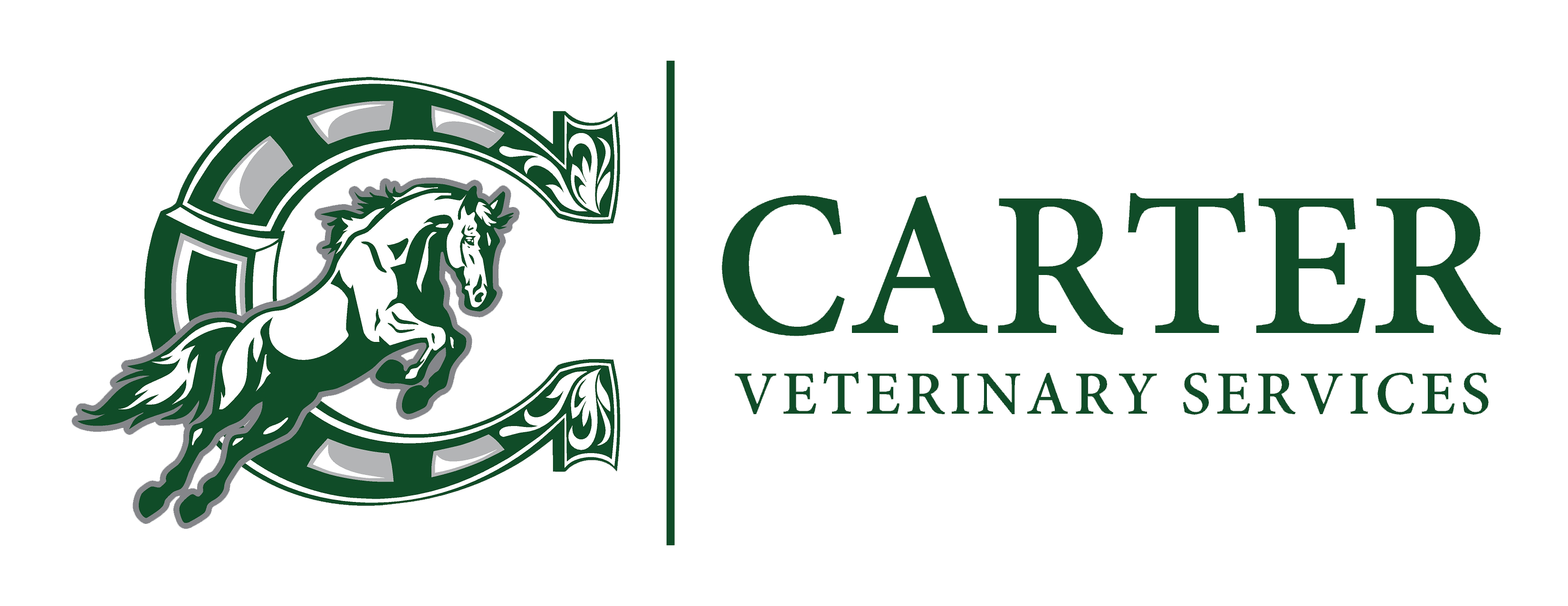Dental health is often an overlooked aspect of equine care, yet it plays a vital role in your horse's overall well-being and performance. Horses, unlike humans, have evolved to chew fibrous vegetation, making their dental structure an essential component of their digestive system. When dental issues arise, the impact can ripple down to various aspects of their health, athletic capability, and even disposition. Addressing your horse's dental health should be at the top of your list.
How Dental Issues Can Affect Your Horse’s Performance
How Dental Issues Can Affect Your Horse’s Performance
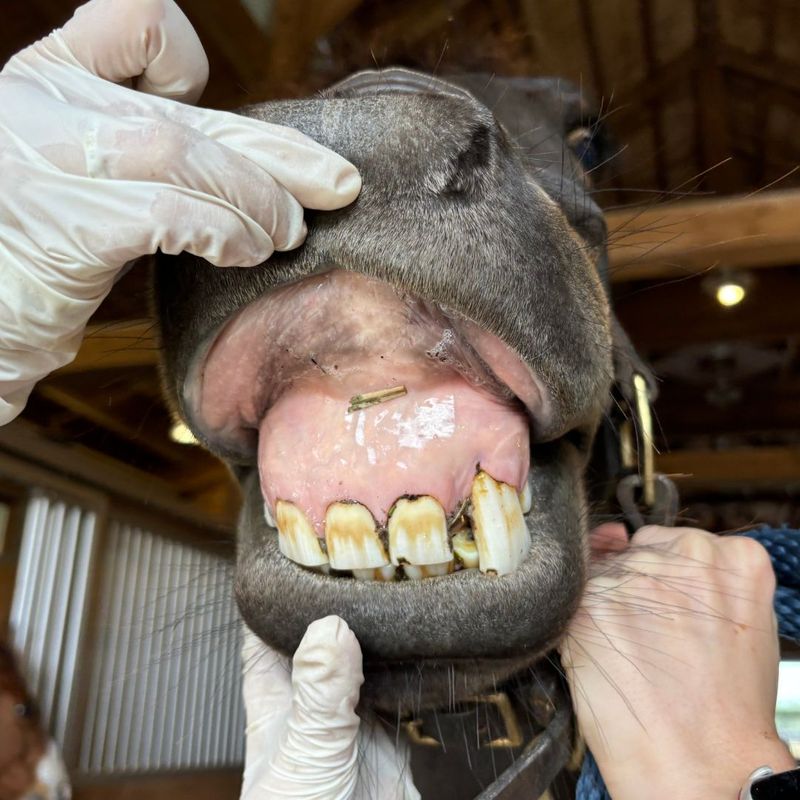
Understanding the Importance of Dental Care
Routine dental examinations by an experienced equine veterinarian are crucial for maintaining your horse’s performance. Horses need regular dental care to avoid common issues such as sharp teeth, broken or missing teeth, and gum disease. Regular check-ups can identify problems like tooth decay and uneven wear, which can cause discomfort and ultimately affect your horse’s ability to eat. When a horse struggles with proper chewing, it may lead to digestive issues, malnutrition, and weight loss. A well-informed owner can ensure their horse receives the necessary preventive care.
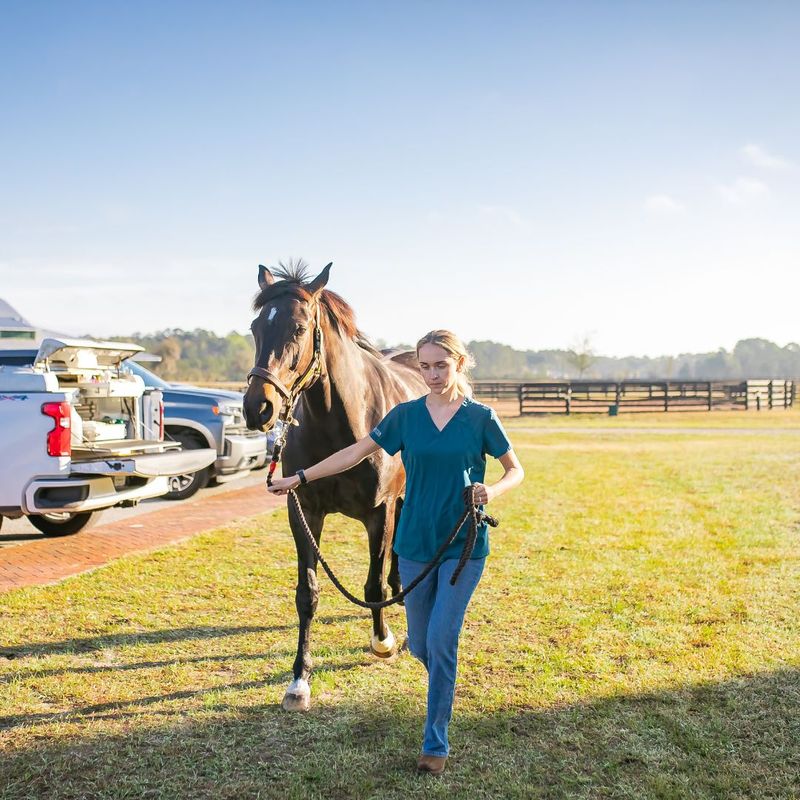
Performance and Behavioral Effects of Dental Issues
Dental pain can manifest in various ways, affecting not just physical performance but behavioral aspects as well. A horse experiencing dental discomfort may become irritable, less willing to work, and exhibit signs of pain during riding. Behavioral changes, such as bucking, rearing, or becoming head-shy, can often be traced back to oral discomfort. This can lead to decreased performance during training and competitions. If you notice changes in your horse’s attitude, it may be time to consult an horse vet. Prompt attention can prevent minor issues from escalating into serious problems that can hinder your horse’s performance.
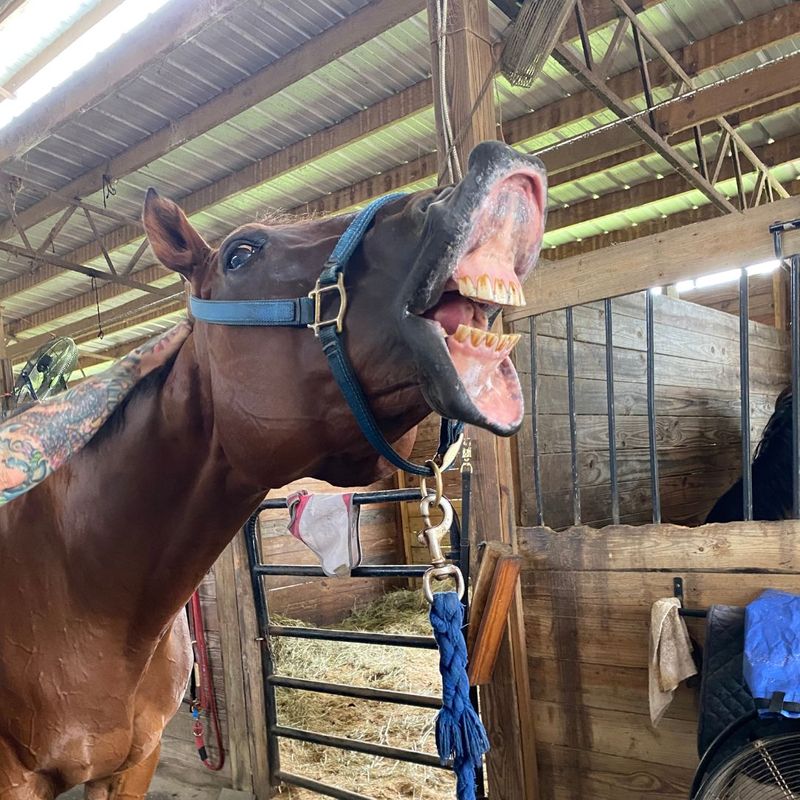
The Connection Between Dental Health and Fitness
A horse's physical fitness is closely tied to its dental health. When a horse cannot properly grind and digest feed, it often fails to absorb essential nutrients, which are critical for energy levels and muscle function needed for peak performance. Malnutrition due to dental issues can lead to weight loss, lethargy, and an overall decline in stamina. This can directly translate to poorer performance in the arena or on the trail. An equine veterinarian can provide nutritional guidance tailored to your horse's needs alongside their dental care to help maintain optimal fitness.
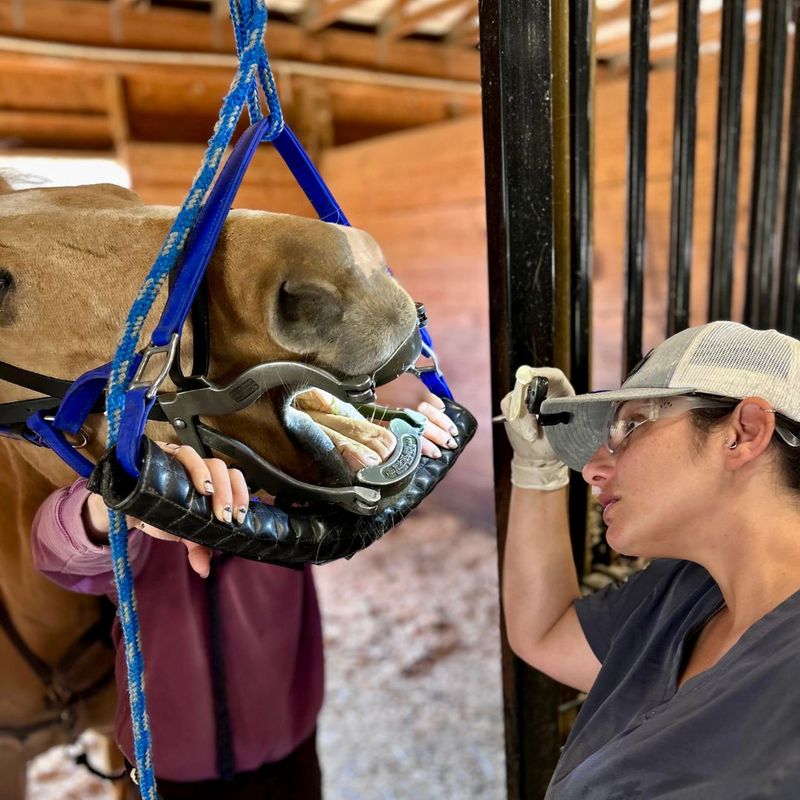
Recognizing Dental Issues: Warning Signs to Watch For
It is essential for horse owners to be vigilant in observing their animals for signs of dental issues. Some common indicators include difficulty chewing, excessive drooling, bad breath, or visible discomfort while riding or being bridled. Other behavioral clues can include a change in eating habits, such as resistant to feed or preferring softer foods. You might also notice weight loss or changes in disposition, such as increased irritability or reluctance to work. If you notice any of these symptoms, seeking help from an equine veterinarian is crucial. A thorough dental examination can be performed to identify and address any issues.
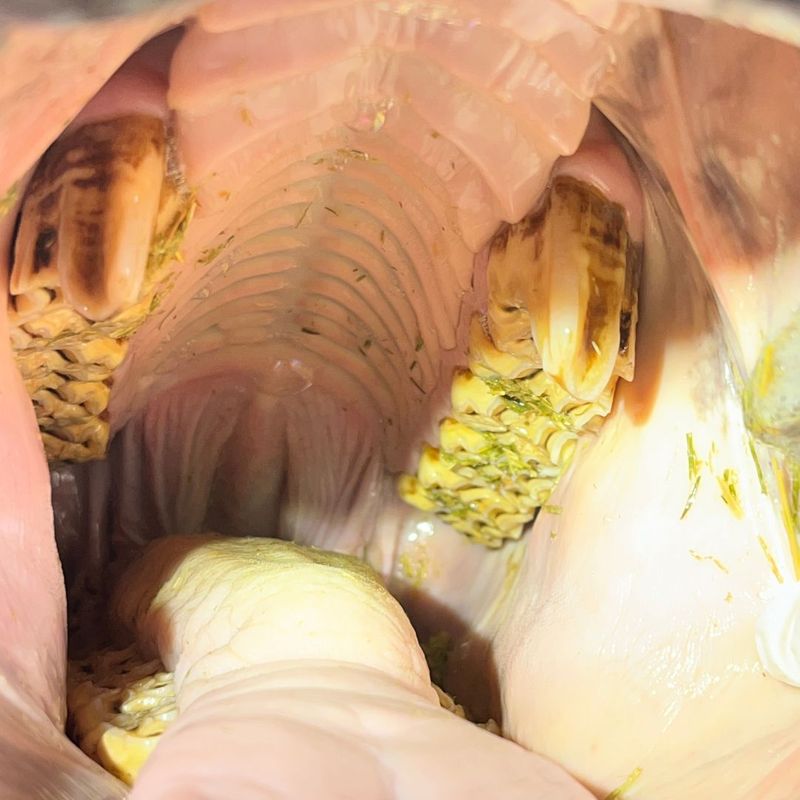
Preventive Measures and Best Practices
Preventive dental care is vital for maintaining your horse’s health and performance. Schedule regular check-ups with a qualified horse veterinarian to ensure that any dental issues are caught early. Most equine vets recommend annual dental examinations, more frequently for older horses or those with known dental issues. Regular dental floating—filing down sharp edges of teeth—can help keep a horse comfortable when eating and during work. Additionally, feeding high-quality forage and avoiding overly hard feeds can also prevent dental wear. Always consult your local equine veterinarian for tailored advice regarding your horse's specific needs.
Prioritize Your Horse's Dental Health
Dental issues in horses can significantly impact their performance, behavior, and overall health. As a responsible horse owner, prioritizing dental care is essential for your equine companion's well-being. Always keep an eye out for signs of dental distress and schedule routine check-ups with a qualified horse vet. Contact us today to ensure that your horse receives the expert care it deserves. Trust Carter Veterinary Services for all your equine veterinary needs, and help your horse reach its full potential.
